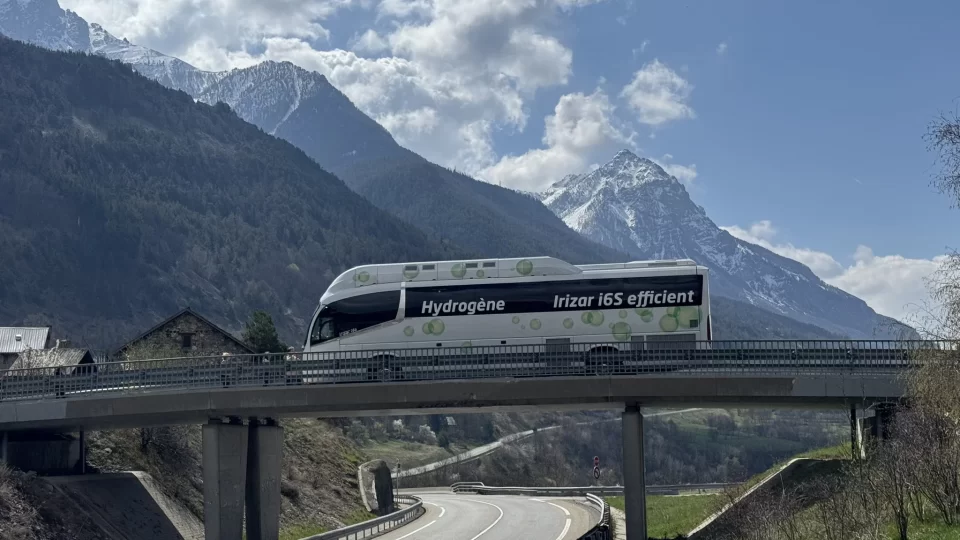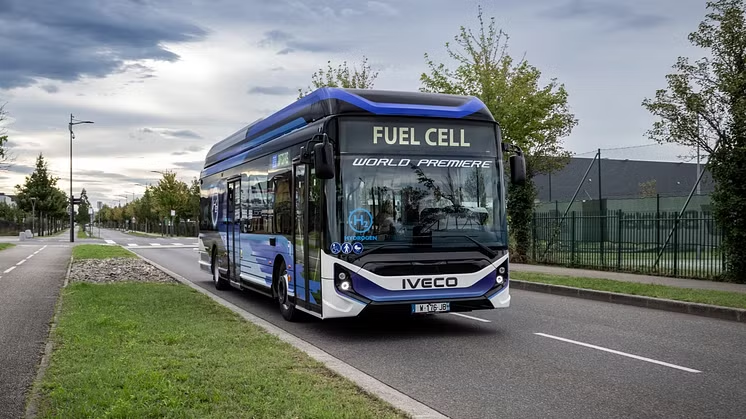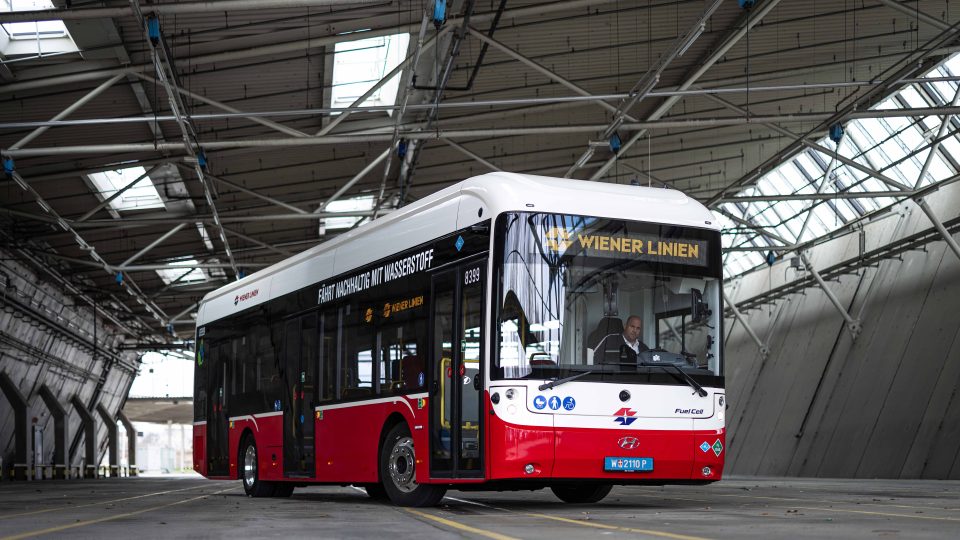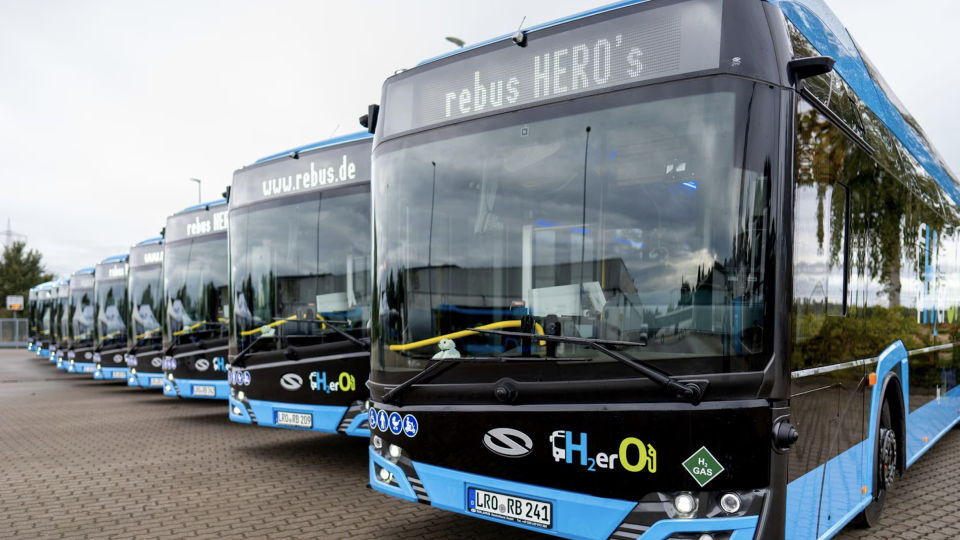A fleet of H2 coaches retrofitted by Toyota will operate during 2024 Olympic Games in Paris
Toyota-powered fuel cell coaches are set to be deployed in Paris during the 2024 Olympic and Paralympic Games. Converted coaches will provide transportation to over 5,000 visitors as part of its guest programme. After the Games, the hydrogen coaches will complete their full use cycle, providing service for public and private customers inside the Ile […]
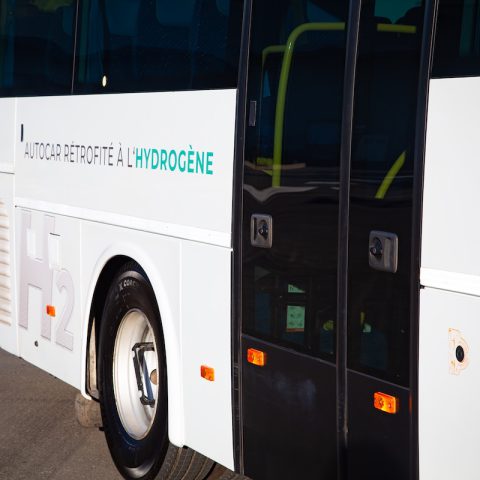
Toyota-powered fuel cell coaches are set to be deployed in Paris during the 2024 Olympic and Paralympic Games. Converted coaches will provide transportation to over 5,000 visitors as part of its guest programme. After the Games, the hydrogen coaches will complete their full use cycle, providing service for public and private customers inside the Ile de France region as a legacy of Paris 2024, Toyota states.
Toyota is quote active in the fuel cell bus segment through a partnership with Portuguese manufacturer CaetanoBus. At the recent Busworld 2023 a Temsa coach with Toyota fuel cell technology was on display.
Toyota supplies fuel cell modules for Paris Olympics 2024
Toyota will supply GCK – a group of industrial companies offering technological solutions to accelerate the decarbonisation of transport – with hydrogen fuel cell modules to convert ten used Iveco coaches into zero tailpipe emission electric vehicles.
The converted coaches will be purchased by B.E. Green – a French company providing carbon-neutral transportation services – who will introduce the hydrogen vehicles into its existing fleet after use at the Games, still according to Toyota’s press note. The first converted long-distance coach with the Toyota fuel cell module was presented today at the RNTP Transport Event in Clermont-Ferrand, France.
During conversion, the diesel engine and gearbox in the front of a coach are replaced with a 370kW electric motor, batteries, and a Toyota TFCM2-B fuel cell module.
Thiebault Paquet, Vice President Toyota Motor Europe, Hydrogen Factory: “The conversion of coaches into fuel cell electric vehicles is another important step towards achieving carbon neutrality in the transport sector. This co-operation perfectly illustrates how hydrogen applications benefit all business stakeholders and become long-term solutions. All ten fuel cell coaches will allow Toyota to transport guests during Paris 2024 with zero tailpipe emissions. We’d like to thank our partners for their combined efforts – being pioneers and accelerators of the hydrogen society, while making this possible in time for the Games”.


